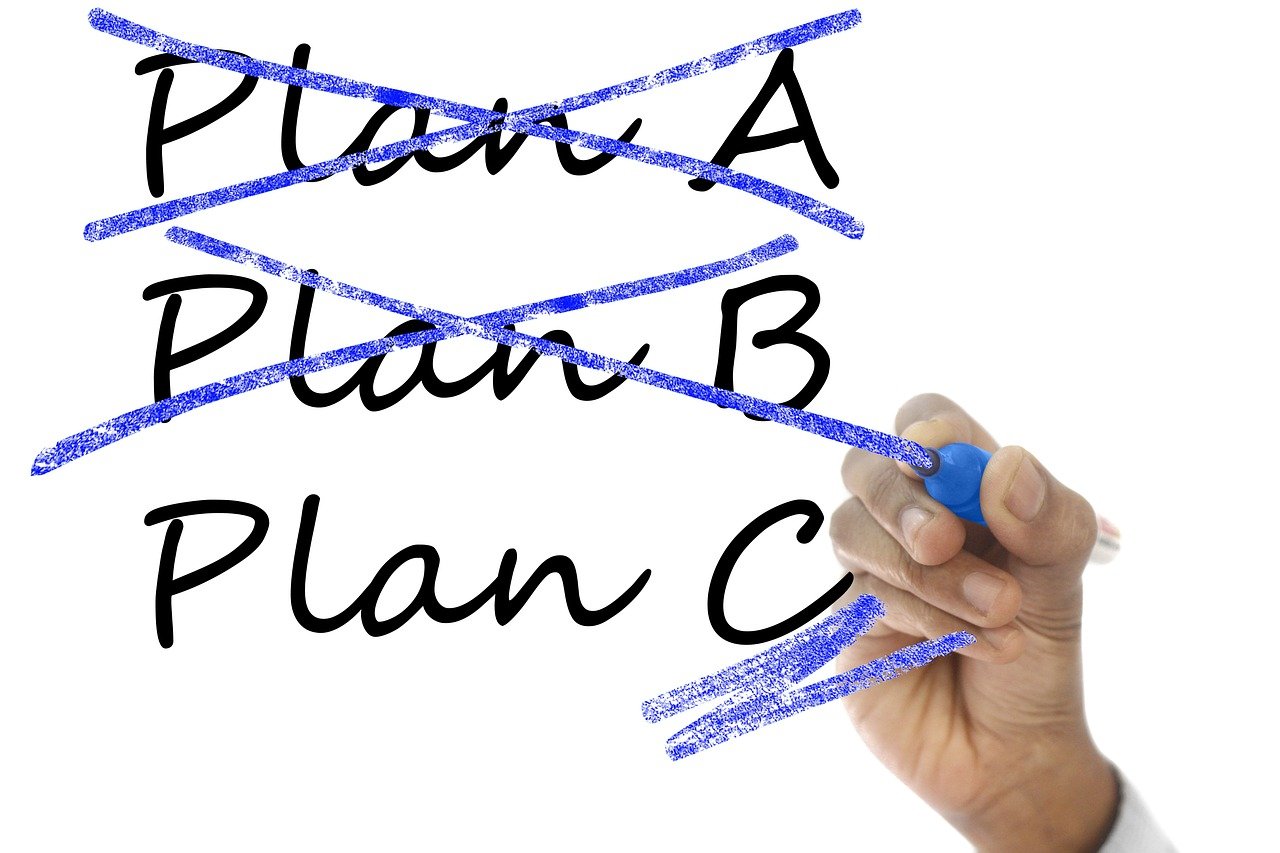2026: How to guarantee a stable transition for all

What you need to know:
- Questioning the nature of political opposition is absent in our consuming political discourse yet it’s the major reason why most democratic transitions in Africa never generate stable political systems. NUP is nominally the biggest opposition party in Uganda’s history yet it has failed to throw its weight at the government to release John Bosco Kibalama.
A peaceful, stable, and democratic transition from one president to another is one of Uganda’s thirstiest political aspirations. It is also an aspiration that has eluded us since independence. However, it is not hard to realise plausible means of changing top political leadership in our country without instigating instability.
President Museveni’s long stay has certainly had its negative costs on Uganda but it has not denied us an opportunity for a stable transition. At least not yet. Manifest in Mr Museveni’s long stay is the rigidity with which his government now operates.
There is a strong lack of fresh perspectives and ingenuity in his civil service which would depress anyone who witnessed or read about the enthusiasm in contrast to the 1986 civil service which worked efficiently with almost no pay. Museveni’s government has also become less accountable as it becomes more entrenched. The president is aging. His fatigue and burnout are understandable but seem to be infectious to his younger lieutenants in government.
Long presidency has however also made him adept at navigating complex regional and international relations and allowed him time to address deeply rooted national challenges like the HIV scourge and armed insurrection and implement sustainable reforms hence fostering incremental progress over time. Some may begrudge the individual in whose favour these arguments swing but that wouldn’t invalidate them.
However, we must face the future. Mr Museveni has had history in his favour for a long time, but biology predates history . Therefore, even his religious supporters must start pondering ways to peacefully transition from his presidency to the next.
To have a stable transition, I suggest that we must first and most importantly reform the winner-take-all politics of today. My conviction on this argument anchors from the belief that the nature of political opposition in Uganda mimics yet is very significantly different from the Western notions that inform it.
Whereas in the West there are often recognisable winners and losers in democratic elections, each with a proper constitutional role, the same cannot apply in Uganda. This is because generally in Africa and Uganda in particular, the notion of political representation carries the obligation to fulfil the interests of an elected politician’s constituency. However, since the winner-take-all politics denies opposition politicians access to state resources and highly punishes those seen to accommodate or negotiate with the state since the cutthroat electoral process politicises such manner as betrayal, it suffocates space in our political system for an opposition with no means of delivering resources to its constituents.
This explains why radical extremism becomes attractive for holding a base in strong opposition parties like the National Unity Platform (NUP) and Forum for Democratic Change. Since being in opposition in Uganda lacks political value, we risk propagating inherent instability and illegitimacy in our politics if we never reform.
Questioning the nature of political opposition is absent in our consuming political discourse yet it’s the major reason why most democratic transitions in Africa never generate stable political systems. NUP is nominally the biggest opposition party in Uganda’s history yet it has failed to throw its weight at the government to release John Bosco Kibalama.
This sufficiently shows that the constitutionally defined role of the opposition is both unworkable given our feeble parliamentary system and contrary to legitimate expectations that voters have from their representatives.
We cannot remain disillusioned with Uganda being democratic based on elections. Instead, we must face the critical reality that the opposition has an instrumental function in politics and as such needs to be a partner in government, not an external enemy.
The desolate state of public transport in Kampala is partly attributable to this lack of shared interest by the government to extend public resources in areas construed to be extremely opposed to it.
A conceivable democratic political system we could adopt is one of proportional representation which would give both power and access to resources on the basis of electoral success. This would nurse harmony and tolerance between any incumbent government and its opposition because the two would be one in political substance.
We can start this process by as simply as Gen Muhoozi Kainerugaba deleting tweets where he says he can never ever talk to “ka bobi” and Mr Robert Kyagulanyi deleting tweets that call President Museveni and his son murderers that must be overthrown and sent to ICC.
Nnanda Kizito Sseruwagi. Lawyer.




